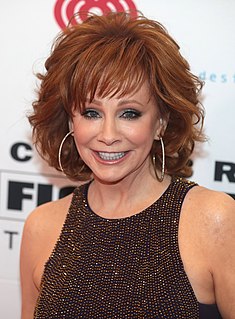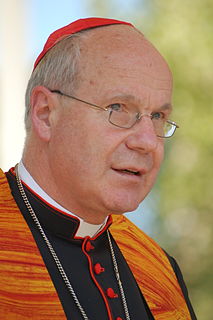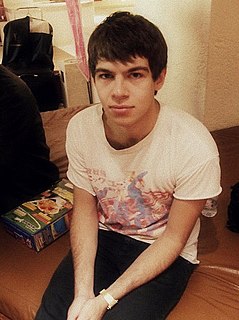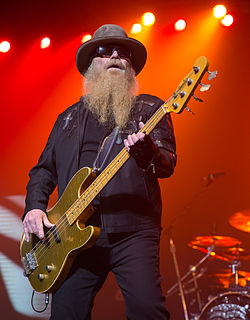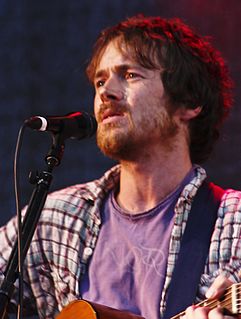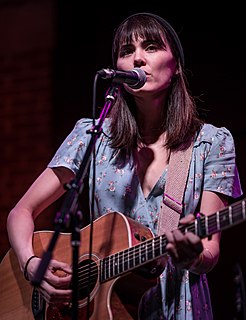A Quote by Neelam Kothari
Thanks to 'Super Dancer - Chapter 4,' that I was reminded how popular was our jodi, and the love for our songs. It was exhilarating to experience the fandom in person and to remember all those old songs. It was a great feeling.
Related Quotes
And I thought about how many people have loved those songs. And how many people got through a lot of bad times because of those songs. And how many people enjoyed good times with those songs. And how much those songs really mean. I think it would be great to have written one of those songs. I bet if I wrote one of them, I would be very proud. I hope the people who wrote those songs are happy. I hope they feel it's enough. I really do because they've made me happy. And I'm only one person.
What I like about music is the songs you can remember the lines of in a single second. The Beatles, The Rolling Stones... You can remember every line to their songs. But today, how often do you remember any of the lines to songs? I mean, I know that one of the Lily Allen's last albums is called It's Not Me, It's You. But I don't know how the songs go.
That's what is so great about being able to record a 13-song album. You can do a very eclectic group of songs. You do have some almost pop songs in there, but you do have your traditional country, story songs. You have your ballads, your happy songs, your sad songs, your love songs, and your feisty songs.
The choice that I made was from my best music, for the songs that I knew that the public liked. Then, when I recorded my new songs I found that my old material had not faded, it was still current, the music was good and the songs were great. I sat in my house and listened, got the chills, and I thought, how great is that? It hasn't dated, it hasn't gone anywhere, and it's great.
I think our shepherds, our pastors, can take for instance, Chapter Four [of Amoris Laetitia], 'Vive l'amore' ('How to live love'). It's a great catechesis. You can take it chapter by chapter, passage by passage, and work through it in the parish, in the communities. It's a great catechesis on marital and familial love. And I think as pastors, we can use this for our pastoral work.
Then the musical instruments appeared. Dad’s snare drum from the house, Henry’s guitar from his car, Adam’s spare guitar from my room. Everyone was jamming together, singing songs: Dad’s songs, Adam’s songs, old Clash songs, old Wipers songs. Teddy was dancing around, the blond of his hair reflecting the golden flames. I remember watching it all and getting that tickling in my chest and thinking to myself: This is what happiness feels like.
And the thing about me is, I have a lot of mellow songs, because they're the easiest for me to write. I wanted to try to make some more upbeat songs, so, I ended up gravitating toward writing songs with friends, which was a great learning process, and also we came up with great songs. Those are the songs that came out the most naturally.
It would get really alienating, to have my face be the face of a cause. So much just comes down to the songs. I just want to give us the opportunity to write great songs. Even our work in Haiti is limited by how good our songs are. We just need to get rid of as much of the bullshit as possible, so we can have a life, so we have something to write about.






